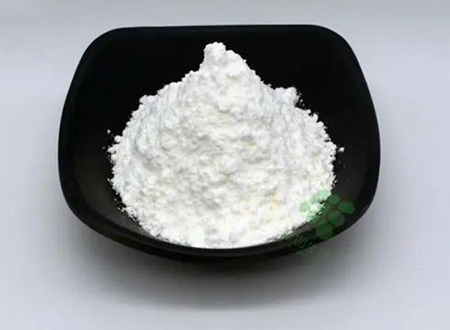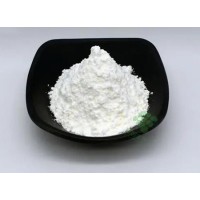Why is glutathione so important?
Glutathione is a sulfhydryl-containing tripeptide bound by glutamic acid, cysteine, and glycine, and has antioxidant and integrated detoxification effects. Glutathione can participate in biotransformation to convert harmful toxins in the body into harmless substances and excrete them out of the body. Glutathione also helps maintain normal immune system function.
Glutathione is a sulfhydryl-containing tripeptide bound by glutamic acid, cysteine, and glycine, and has antioxidant and integrated detoxification effects. Glutathione can participate in biotransformation to convert harmful toxins in the body into harmless substances and excrete them out of the body. Glutathione also helps maintain normal immune system function.
Physiological functions of glutathione:
1. Antioxidant
The primary physiological function of glutathione is to remove free radicals in the human body. As an important antioxidant in the body, it protects the sulfhydryl groups in many proteins and enzymes.

2. Improve immunity
Glutathione maintains health, and anti-aging, and can also protect hemoglobin from oxidation by hydrogen peroxide, free radicals, etc., so that it continues to function normally to transport oxygen.
3. Detoxification
Glutathione has a strong protective effect on symptoms such as leukopenia caused by radiation and radiopharmaceuticals. Glutathione can combine with toxic compounds, heavy metal ions, or carcinogens that enter the human body and promote its excretion from the body to neutralize and detoxify.














